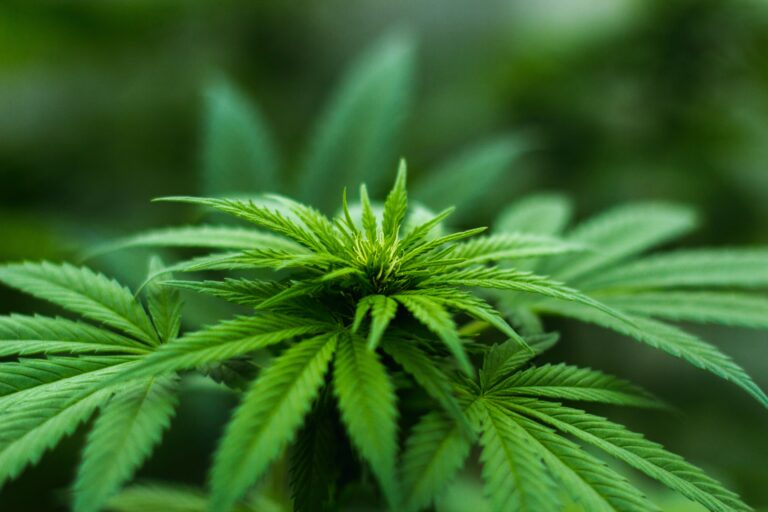Is cannabis legal in Eswatini?
Cannabis, also known as marijuana or weed, is currently illegal in Eswatini (formerly Swaziland). The possession, sale, and cultivation of cannabis are prohibited under the country’s legislation. Despite its illegality, Eswatini is known for its high-quality cannabis strains, which are primarily cultivated for exportation to other countries.
What is the public opinion on cannabis in Eswatini?
Public opinion on cannabis in Eswatini is quite divided. Some people view it as a harmful drug that should remain illegal, while others see it as a potential source of income and advocate for its legalization, especially for medical purposes. The government has recently shown interest in exploring the potential benefits of legalizing cannabis, especially considering the country’s high unemployment rate and struggling economy.
How are cannabis penalties and enforcement in Eswatini?
Penalties for cannabis possession, sale, and cultivation in Eswatini are severe, with the potential for imprisonment and hefty fines. The exact penalties depend on the specific offense and circumstances, but they generally include:
- Imprisonment for up to 2 years for possession of small amounts of cannabis
- Imprisonment for up to 5 years for possession of large amounts of cannabis
- Imprisonment for up to 10 years for selling or trafficking cannabis
- Imprisonment for up to 20 years for cultivating cannabis
Enforcement of these penalties is often inconsistent, and many offenders may avoid punishment through bribery or other means. However, it is essential to understand the risks associated with cannabis use in Eswatini and the potential consequences of breaking the law.
What is weed called in Eswatini?
In Eswatini, cannabis is commonly referred to as dagga or swazi gold. The latter term is a nod to the high-quality cannabis strains that originate from the country and are sought after by users around the world.
Is CBD legal in Eswatini?
There is no clear legislation regarding the legality of cannabidiol (CBD) in Eswatini. As CBD is a compound derived from cannabis, it may be subject to the same legal restrictions as the cannabis plant. However, given the growing global interest in CBD for its potential health benefits, it is possible that Eswatini may consider legalizing CBD in the future, particularly if it does not contain significant levels of THC, the psychoactive compound in cannabis.
Is medical marijuana legal in Eswatini?
Medical marijuana is not currently legal in Eswatini. However, there have been discussions in recent years about the potential benefits of legalizing cannabis for medical purposes, particularly as a way to boost the country’s economy and provide alternative treatment options for patients. It remains to be seen whether Eswatini will move towards legalizing medical marijuana in the future.
Can I grow cannabis in Eswatini?
It is illegal to grow cannabis in Eswatini. As mentioned earlier, cultivating cannabis can lead to severe penalties, including imprisonment for up to 20 years. Despite the risks, cannabis cultivation remains prevalent in the country, particularly in rural areas, where it is a significant source of income for many families.
What are some helpful links, government laws, and resources in Eswatini?
For more information on cannabis laws and regulations in Eswatini, consider visiting the following resources:
- Eswatini Government Website: The official website of the Eswatini government provides information on the country’s laws and regulations.
- United Nations Office on Drugs and Crime (UNODC) Eswatini Country Report: This report offers a comprehensive overview of drug use, legislation, and enforcement in Eswatini.
- Eswatini Medicines Control Council: The council is responsible for regulating pharmaceuticals in the country, which may include potential future regulation of medical marijuana and CBD products.
It is essential to stay informed about the laws and regulations surrounding cannabis in Eswatini, as they may change in the future. Always exercise caution and follow the law to avoid any legal consequences.
